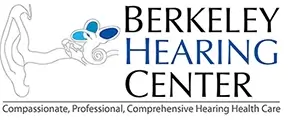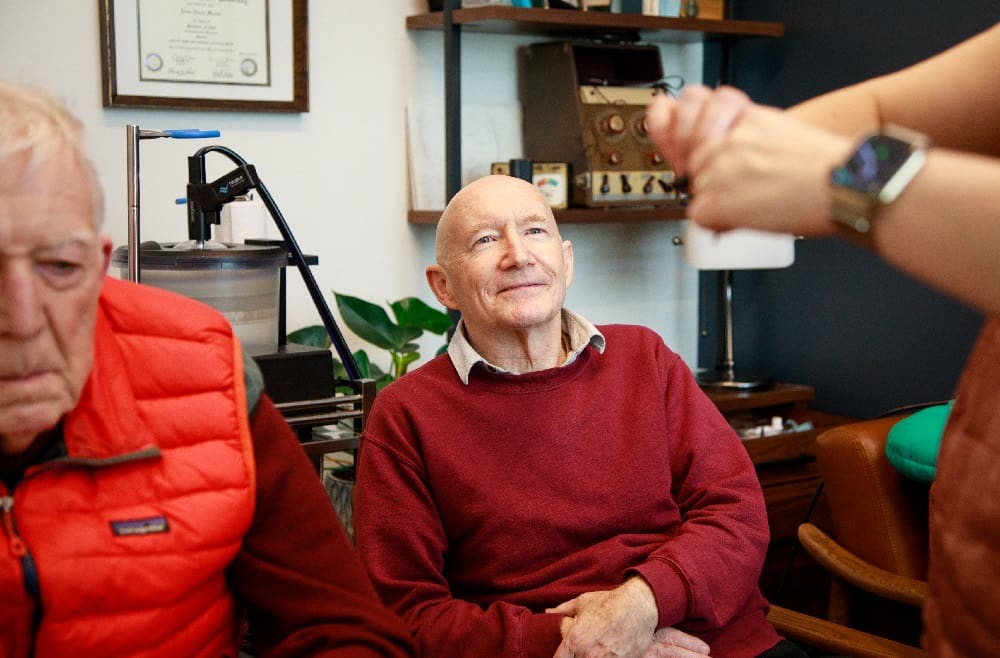2022-11-29
Jonathan Lipschutz Audiologist, M.S., F-AAA, Co-Owner
Over-the-counter hearing aids (OTC), finally. It took a long time to get here, but they’re out there now. What does this mean for consumers? As I’ve detailed in the previous installments of this series, OTC will likely bring confusion without a lot of guidance. In my practice, I’ve been counseling patients with diagnostically confirmed mild to moderate hearing loss (the candidacy limit) about the relative strengths and weaknesses of the two different options to treat their hearing loss–OTC versus professional care/technology. We want patients to have the information they need to make informed choices.
We know from a technological standpoint, OTC devices will never be as good or capable as state-of-the-art (professionally dispensed) hearing aids. But for those who are candidates, OTC devices may be adequate for their needs. Based on my experience/expertise working with people with hearing loss and hearing aid/assistive technology, there will certainly be a segment of the population with this degree of hearing loss that will be able to take advantage of the singular benefit of OTC, primarily lower cost. So who are those people?
Again based on my experience, I suspect it will be a younger subset that will be able to most successfully ‘program’, use and maintain OTC hearing aids–prerequisites for obtaining consistent benefit. OTC devices will require comfort with technology, specifically smartphone and Bluetooth wireless technology, since that is how these devices will be ‘programmed’ and adjusted by the user. From a technological standpoint, users will also likely need to be able to access information (instructions, tips/tricks, etc.) from the internet about daily use–proper insertion/removal, cleaning, troubleshooting, etc. Because of the small size of these devices, users will also need reasonably good vision and dexterity for proper placement and ongoing maintenance.
For those choosing OTC devices, I want to give some helpful information so that users get the most benefit possible. Though (surprisingly) not mandated to purchase OTC aids, we highly recommended getting an actual hearing test. Again, though surprisingly not mandated by the legislation, we recommend only purchasing OTC devices that have a return policy.
Now, first and foremost, along with being an ‘aid’ to improving day-to-day communication, hearing aids are THE long term treatment for nerve hearing loss. To get the maximum benefit, it’s important to wear them regularly/consistently–not just when you “need” them. Happily, users will actually get more benefit when they DO need them, because the brain’s been ‘trained’ to use the extra auditory information it’s receiving. Proper insertion or placement in the ear canal will be critical to achieving appropriate amplification or volume. Depending on the style of OTC, the proper choice of ‘dome’ will play a part in both comfort and benefit.
Because of where they ‘live’, hearing aids are susceptible to moisture and cerumen (ear wax) issues. Even small amounts can significantly reduce performance, so they need to be cleaned regularly.
Lastly, getting OTC hearing aids doesn’t preclude folks from getting the assistance of a hearing healthcare professional. OTC users may just need a little assistance or guidance in order to get the benefits of the technology. That’s what hearing healthcare professionals are there for.
Please continue to love our community by getting vaccinated/boosted & masking where and when appropriate AND supporting our local businesses.
https://berkeleyhearing.com/wp-content/uploads/2024/10/Empower-your-hearing-health-today.-Learn-more-about-over-the-counter-hearing-aids-and-make-the-best-choice-for-your-needs.jpg
Jonathan Lipschutz Audiologist, M.S., F-AAA, Co-Owner






